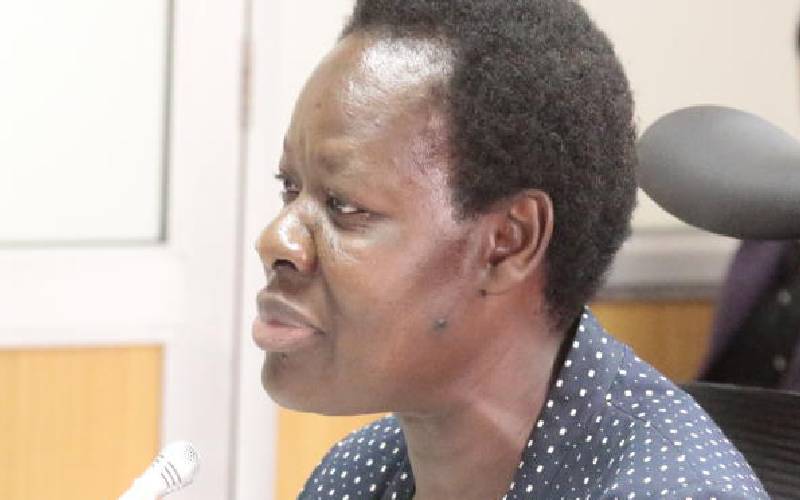×
The Standard e-Paper
Stay Informed, Even Offline

Labour court judge Maureen Anyango when she appeared before JSC for vetting for the position of Court of Appeal on 18/6/19. [Beverlyne Musili]
A judge has suggested that the distribution of inheritance in polygamous marriages should not be equal but based on property acquired at the time each wife was married.